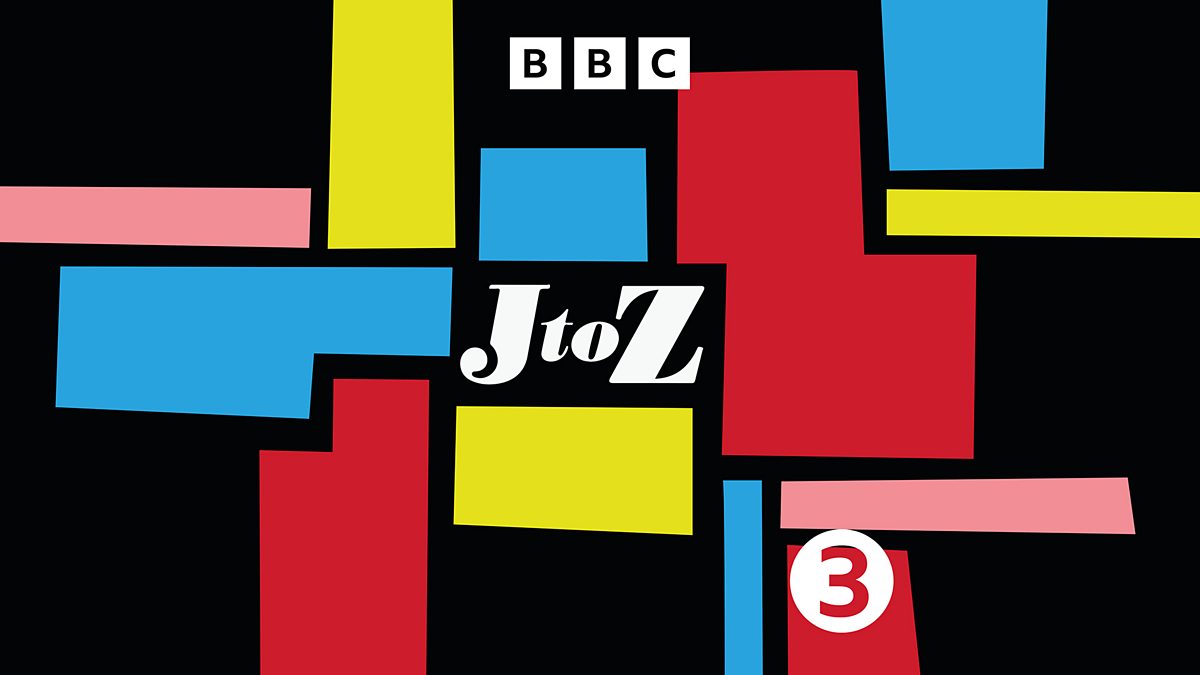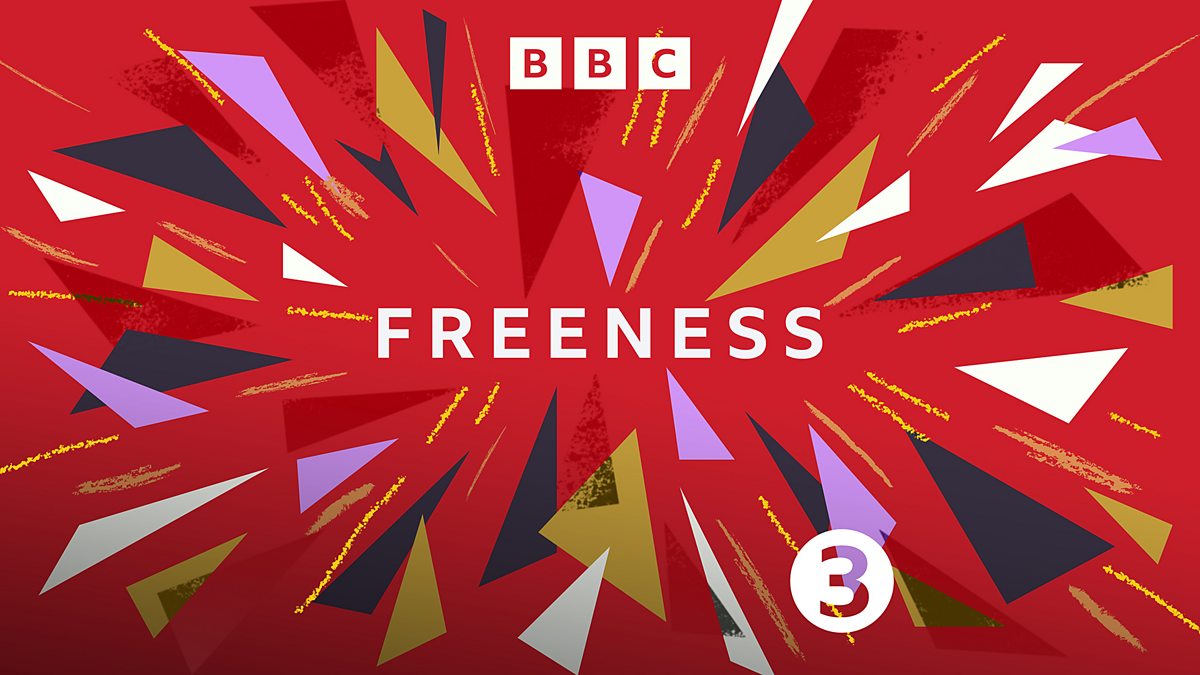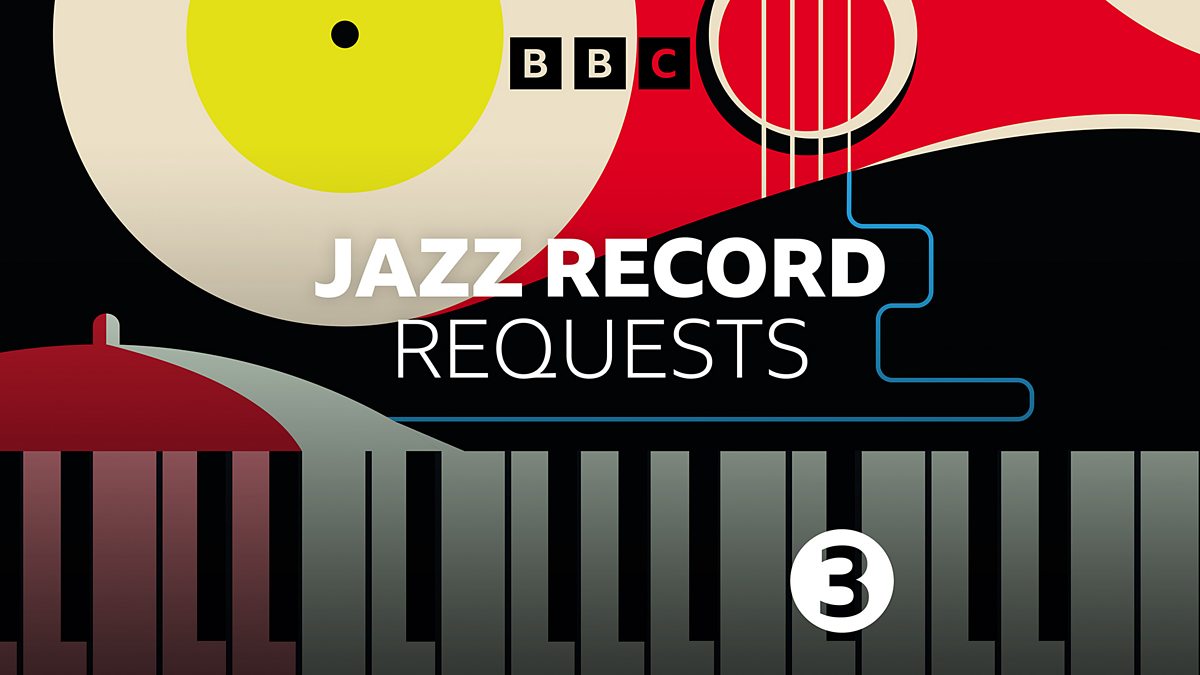Sat 5 March
5pm - J to Z
Jumoké Fashola anticipates International Women's Day with a concert by Artemis - an all-star band featuring pianist Reneé Rosnes, tenor saxophonist Nicole Glover, clarinettist Anat Cohen, trumpeter Ingrid Jensen, bassist Noriko Ueda, drummer Alison Miller and vocalist Cécile McLorin Salvant. New York-based South Korean band leader and composer Jihye Lee shares her inspirations.
12midnight - Freeness
Kim Macari with improvised music exploring spoken and non-verbal communication from Italian duo Rosso Polare (Cesare Lopopolo and Anna Vezzosi), Berlin-based trio Der Dritte Stand, and Kenyan-American multi-instrumentalist Nyokabi Kariuki.
Fascinating-looking line-ups, judging by the link blurb.
Sun 6 March
4pm - Jazz record Requests
5pm - J to Z
Jumoké Fashola anticipates International Women's Day with a concert by Artemis - an all-star band featuring pianist Reneé Rosnes, tenor saxophonist Nicole Glover, clarinettist Anat Cohen, trumpeter Ingrid Jensen, bassist Noriko Ueda, drummer Alison Miller and vocalist Cécile McLorin Salvant. New York-based South Korean band leader and composer Jihye Lee shares her inspirations.
12midnight - Freeness
Kim Macari with improvised music exploring spoken and non-verbal communication from Italian duo Rosso Polare (Cesare Lopopolo and Anna Vezzosi), Berlin-based trio Der Dritte Stand, and Kenyan-American multi-instrumentalist Nyokabi Kariuki.
Fascinating-looking line-ups, judging by the link blurb.
Sun 6 March
4pm - Jazz record Requests




 Also something of a false dichotomy? I'm no expert, but Coltrane's Ascension featured some ideas on paper - however minimal - as well as a great deal of free-for-all improv.
Also something of a false dichotomy? I'm no expert, but Coltrane's Ascension featured some ideas on paper - however minimal - as well as a great deal of free-for-all improv.
Comment